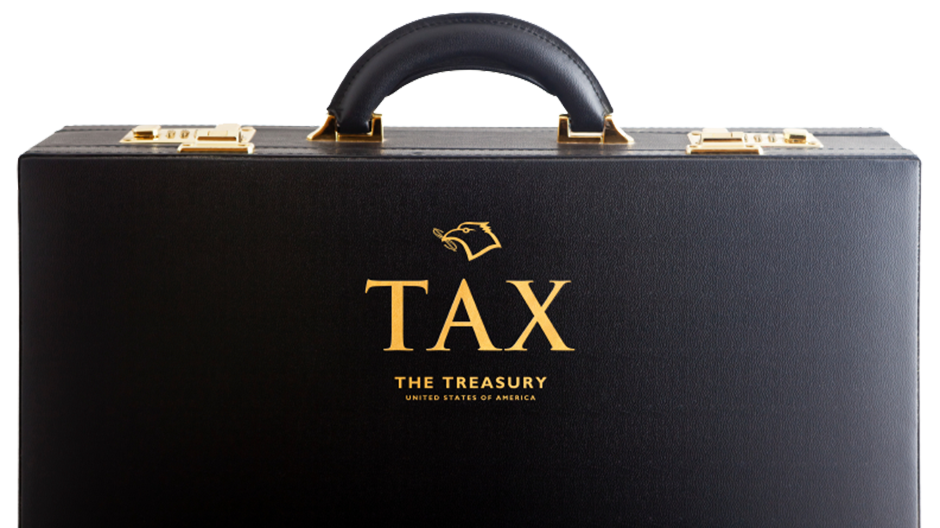Trust Fund Recovery Penalty
The IRS Trust Fund Recovery Penalty (TFRP), formerly known as the "100% penalty."—How will it impact you?
A corporate office, president, vice-president, secretary, or treasurer, may be held personally liable, if the quarterly Form 941 taxes are not deposited.
For employee income tax withholding, and withheld Social Security taxes, the IRS considers' these as held in 'trust' for the United States Treasury, by the responsible corporate officer(s).
This penalty used to be known as the "100% penalty" as the IRS considered the responsible corporate office 100% responsible for not paying over to the IRS the withheld taxes.
The IRS looks at two criteria, "responsible" and "willful", to determine how to assess the Trust Fund Recovery Penalty.
The IRS defines a responsible person as a person or group of people who has the duty to perform and the power to direct the collecting, accounting, and paying of trust funds.
For willfulness to exist, the responsible person: must have been, or should have been, aware of the outstanding taxes and either intentionally disregarded the law or was plainly indifferent to its requirements.
The IRS Trust Fund Recovery Penalty is one of the most powerful tools the IRS has to collect unpaid taxes.
I have more than 30 years experience in dealing with all of the Appeal, Collection, and Bankruptcy issues in regard to the Trust Fund Recovery Penalty.

